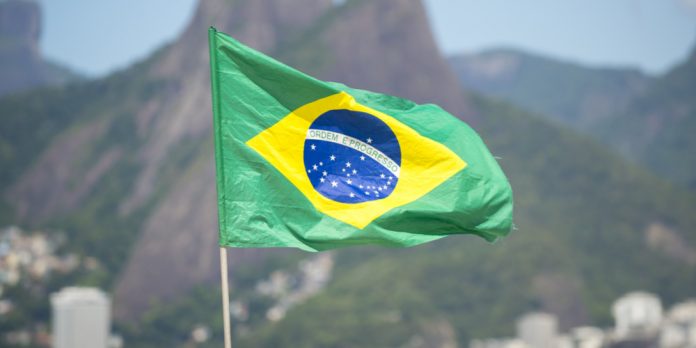As Brazil proceeds to develop its gambling and sports betting regimes, the federal government is reported to seek assurances that foreign businesses will be liable to pay all domestic taxes.
Local media reports that the federal government has thrown its weight behind a measure that would force foreign companies to establish a domiciled office in the country to guarantee a higher tax income.
Approved last February by the Chamber of Deputies, Bill 442/91 sets a 17% tax on all gambling disciplines. However, the bill outlined that licensed incumbents will be exempt from paying domestic tax charges of – ISS (municipal services), PIS/PASEP (employer), Cofins (federal social assistance), IRPJ (fixed income tax), and CSLL (social fund).
Local outlet R7 reported that by forcing foreign operators to establish a business presence in Brazil, all gambling enterprises would be paying taxes that they weren’t subject to in the original proposal.
The idea of companies having a legal address in Brazil had already been included in different proposals, along with a provision saying that the number of operators in each state was subject to the number of inhabitants, an idea that hasn’t been discarded yet.
R7 reported that the Government believes that revenues from sports betting companies reach the $420m mark, while companies retain 95% of the total to cover operational and maintenance costs.
At the end of May, President Jair Bolsonaro, who insists on vetoing any gambling proposal from the Congress, met with the Minister of the Executive Office of the President of Brazil (Casa Civil) Ciro Nogueira to share details of the proposal with evangelical representatives.
Despite public officials opposing all types of gambling, they agreed that it would be difficult to eradicate sports betting sites in Brazil.
Sóstenes Cavalcante, Deputy from the Evangelical Caucus, said to the local outlet: “Since the activity exists and we have no way of preventing it, we understand that it should be legalized and taxed. And as we have no way of controlling websites outside of Brazil and we can’t decide on what other countries do, then the best thing we can do is to tax it.”
The report also indicates that parliamentarians believe that Congress could add other types of gambling modalities to the provisional measure, such as casinos, bingo and jogo do bicho (instant games), but Bolsonaro assured them that the rapporteur will work with an evangelical leader on the bill and that it would only be sent for a vote after the October elections.
“I’m against all types of gambling, including igaming,” Sóstenes added.
“But since it already exists, and if we’re only talking about taxing, I don’t see it in a bad way, as long as it doesn’t cover more modalities. We don’t want a situation like this one to be taken advantage of so more casinos and bingo halls get approved.”















